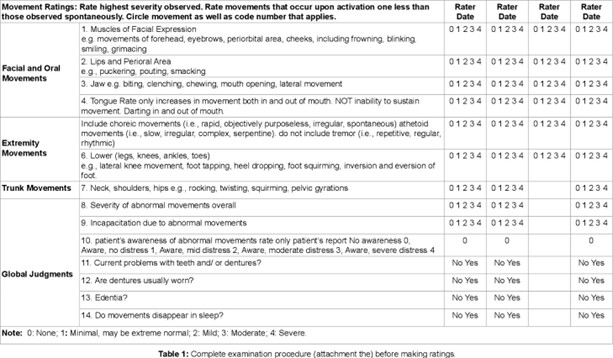A nurse is reinforcing teaching about colostrum with a new mother who is breastfeeding. The mother asks. Why is colostrum so important for my baby?
Which of the following responses should the nurse make?
Colostrum provides many important antibodies that the newborn lacks.
Colostrum contains iron, which is important for a newborn's brain development.
Colostrum provides vitamin K. which is an essential nutrient for newborns.
Colostrum contains a natural diuretic that stimulates the newborn to void.
The Correct Answer is A
Colostrum provides many important antibodies that the newborn lacks.
Colostrum is the thick, yellowish fluid produced by the breasts during the early days after giving birth. It is rich in antibodies, immune factors, and other beneficial components that provide important protection and support for the newborn's health. Colostrum is often referred to as "liquid gold" due to its valuable properties. Antibodies present in colostrum help to strengthen the newborn's immune system and provide protection against various infections and diseases.
These antibodies are especially important during the first few days of life when the newborn's own immune system is still developing.
Option B is incorrect because colostrum does not contain a significant amount of iron. Iron is generally obtained from other sources, such as breast milk or iron-fortified formula, to support the newborn's brain development.
Option C is incorrect because although colostrum contains various essential nutrients, it does not provide a significant amount of vitamin K. Vitamin K is typically given to newborns as a separate supplement to prevent vitamin K deficiency bleeding.
Option D is incorrect because colostrum does not act as a diuretic. Its primary role is to provide the newborn with essential nutrients, antibodies, and immune factors to support their overall health and development.
In summary, colostrum is important for the newborn because it provides valuable antibodies that the newborn lacks, helping to strengthen their immune system and protect against infections and diseases.
Nursing Test Bank
Naxlex Comprehensive Predictor Exams
Related Questions
Correct Answer is B
No explanation
Correct Answer is B
Explanation
The AIMS is specifically designed to assess for the presence and severity of abnormal involuntary movements, which can be a side effect of long-term antipsychotic medication use, including tardive dyskinesia. It consists of a series of standardized movements and observations that assess different body regions for abnormal movements. The nurse can use this tool to monitor the client's movements and identify any signs of tardive dyskinesia.
A. Mental Status Examination (MSE): The MSE is a comprehensive assessment of a client's mental status, including their cognition, mood, and thought processes. While the MSE is an important tool in assessing overall mental health, it is not specific to tardive dyskinesia.
C. Patient Health Questionnaire-9 (PHQ-9): The PHQ-9 is a screening tool for depression that assesses the severity of depressive symptoms. While depression can be a comorbidity in individuals with schizophrenia, the PHQ-9 does not directly assess for tardive dyskinesia.
D. Brief Psychiatric Rating Scale (BPRS): The BPRS is a rating scale used to assess the severity of psychiatric symptoms in individuals with mental disorders. While it is useful in evaluating overall symptomatology in schizophrenia, it does not specifically target tardive dyskinesia.

Whether you are a student looking to ace your exams or a practicing nurse seeking to enhance your expertise , our nursing education contents will empower you with the confidence and competence to make a difference in the lives of patients and become a respected leader in the healthcare field.
Visit Naxlex, invest in your future and unlock endless possibilities with our unparalleled nursing education contents today
Report Wrong Answer on the Current Question
Do you disagree with the answer? If yes, what is your expected answer? Explain.
Kindly be descriptive with the issue you are facing.
